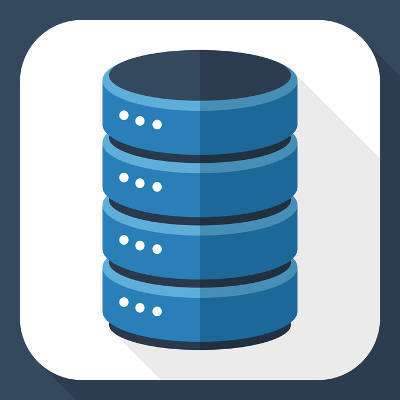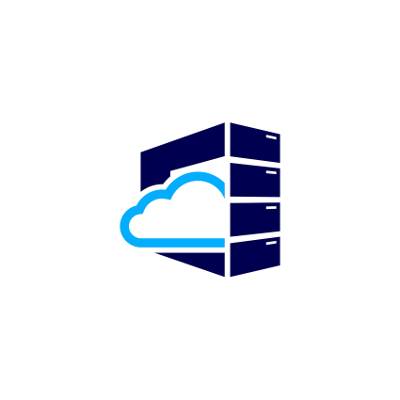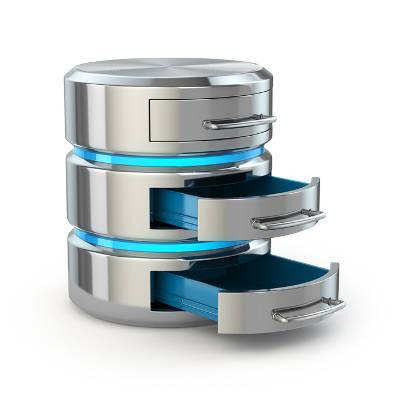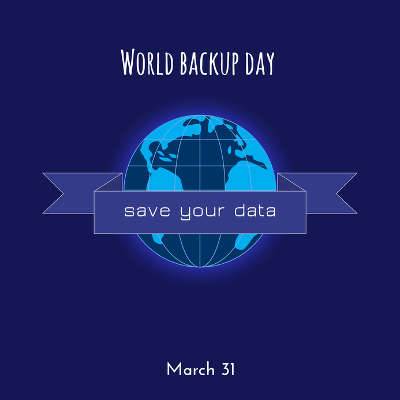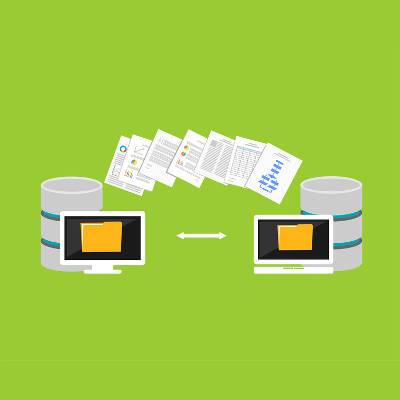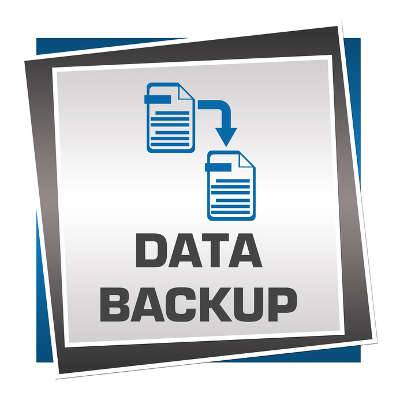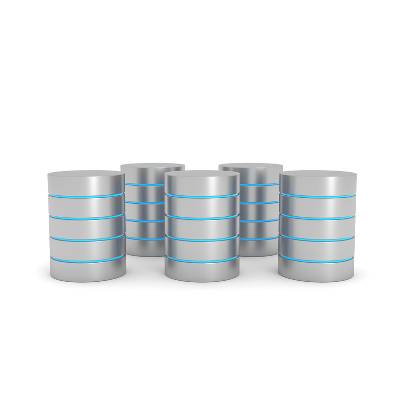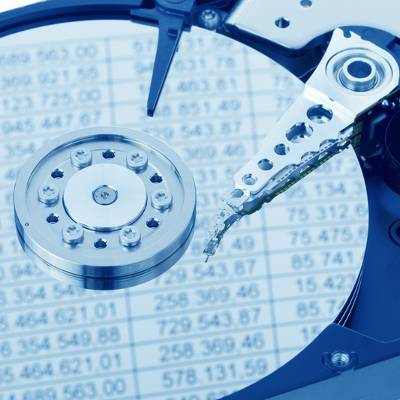When this blog talks about backup and disaster recovery (BDR), it might appear as though we’re talking about a single process; after all, there’s just one acronym for it. Nevertheless, while these two processes are related to one another, backup and disaster recovery each require a different preparation process, with different considerations made for each.
Macro Systems Blog
Data backup is one of the most imperative aspects of maintaining a business, but it’s not something that some businesses even consider until it’s too late to reverse the damage done. In any case, data backup is a vital part of any successful business, but it’s not as simple as implementing a solution and praying it works. Let's go through the proper steps for making sure your business has a successful data backup solution when it’s needed most.
Business disasters come in different shapes and sizes, which makes it all the more critical that you take the time to prepare for any that your organization may be vulnerable to. This strategy needs to contain numerous considerations, based on the scenario at hand; there is no shortage of events that can lead to disaster in the business world.
Hurricane season can be a terrifying time for business owners; those in at-risk climates can never feel safe from these types of unpredictable and catastrophic disasters. In particular, those who aren’t prepared to face this destruction are in significant danger of having their businesses ended for good following a disaster event like a hurricane. Let's help you make sure your organization doesn’t suffer this same fate the next time a disaster occurs.
With Hurricanes Florence, Helene and Isaac causing problems around the globe this month, it seems as good a time as any to discuss preparing your business for hurricane season Preparing your organization for events like these is vital to its survival, making it crucial that you know what your responsibilities are when awaiting a potentially devastating event such as a hurricane.
Data backup is an imperative aspect of any business endeavor; if you don’t have one all of your hard work could be lost in a second. It’s not pleasant to think about, but your organization's infrastructure could be put at risk of sudden annihilation. With so much at stake, what is the best way to approach managing your data? There are a lot of options out there, but there is only one that will allow your business to get back in action following a data loss incident.
It doesn’t take much to derail a business. Even the slightest disruption in power can lead to an unexpected power-down, and something as simple as a severe rainstorm could lead to floods that wash away your data. The point stands that you have everything to lose, and without data backup and disaster recovery, your business practices could be in danger.
Disasters are an unfortunate part of doing business in a technology-heavy workplace environment. You need to expect the worst, but it’s often difficult to predict what types of disasters your organization will have to endure. There are a few universal disasters that you’ll encounter, regardless of where in the world your business operates.
Is your business still using tape as its primary method of data backup? If so, you could be missing out on a more reliable, less time-consuming alternative. Image-based, or “snapshot” backup solutions continue to be the optimal way to guarantee the continuity of your organization’s data infrastructure, and we’ll explain why.
Having access to your company’s data is absolutely crucial to your success. After all, in today’s day and age, it is an extraordinarily important aspect of your business’ sustainability. Everything you do is influenced in some way by the data you have generated and/or collected--so what would you do if it was suddenly gone?
Today most companies utilize computers in the dissemination of their services. Whatever the specifics of your business, you depend on your data. Since most businesses also provide goods and services for many people that indirectly depend on it, having a plan to protect the business from potential devastation is important.
As a business owner, you expect to stay in control of what your business does. Unfortunately, there are certain variables in running a business that simply can’t be controlled, like the weather. Therefore, you need to take special care to ensure that these uncontrollable instances don’t become a threat to your business’ prolonged existence. To this end, we recommend a business continuity plan.
When we talk about best practices, we are typically referring to the practices used by successful companies to garner the best results. A new study by Disaster Recovery has shown that, as backup and recovery solutions go, enterprises are providing some pretty disappointing results as many fail to continuously back up their data and it results in additional inherent risk.
As a business owner, you’ve surely thought about what the future holds for your organization. However, one of the things that you need to think about that’s not often considered is the event of a data disaster. How can your business bounce back from such a catastrophic event? One of the first steps is understanding your data backup and disaster recovery process, as well as how you can improve your current setup.
Sometimes Mother Nature simply isn’t on your side, or you’re unfortunate enough to experience a troublesome disaster that threatens to knock your business off its feet. While various parts of the world are known for experiencing deadly natural disasters, other regions might not be as prone to them, giving business owners the wrong idea. It’s not a question of whether you’ll be hit with a crippling disaster, but when.
Data might be the single most important asset of any business, but you would be shocked to hear about how many organizations don’t consider data loss to be a prominent threat. The fact remains that it doesn’t take an immense disaster to wipe out an entire infrastructure, and that you should expect the worst to happen regardless of how unlikely it is to do so.
Data backup is a critical component of a business continuity plan, but there are many businesses that fail to understand why data backup is important, as well as what it entails. We want to clear up some facts about how data backup is important, and why you need it for your business. Only with a thorough understanding of how your data backup saves your infrastructure can you effectively use it for business continuity.
Data backup and disaster recovery are critical to the success of the modern business, but so many organizations still don’t see the importance of maintaining copies of their data infrastructure, or simply don’t think that they will fall victim to a data loss incident. Unfortunately, in this case, we have to insist that you consider data backup and disaster recovery; it’s not a matter of if you lose your data, but when.






